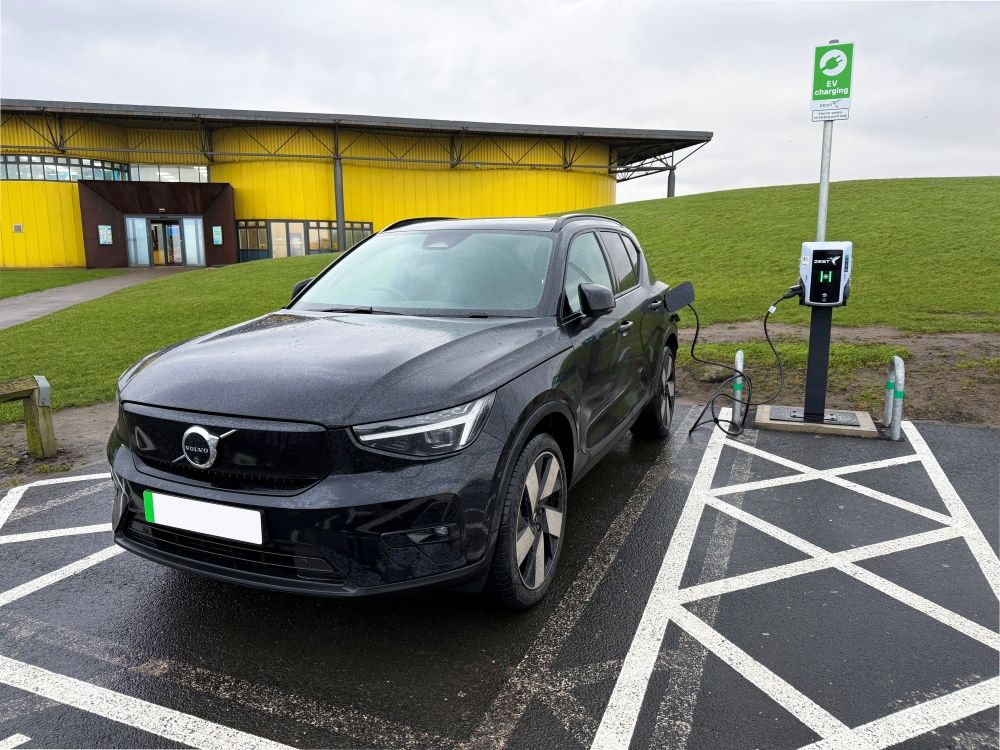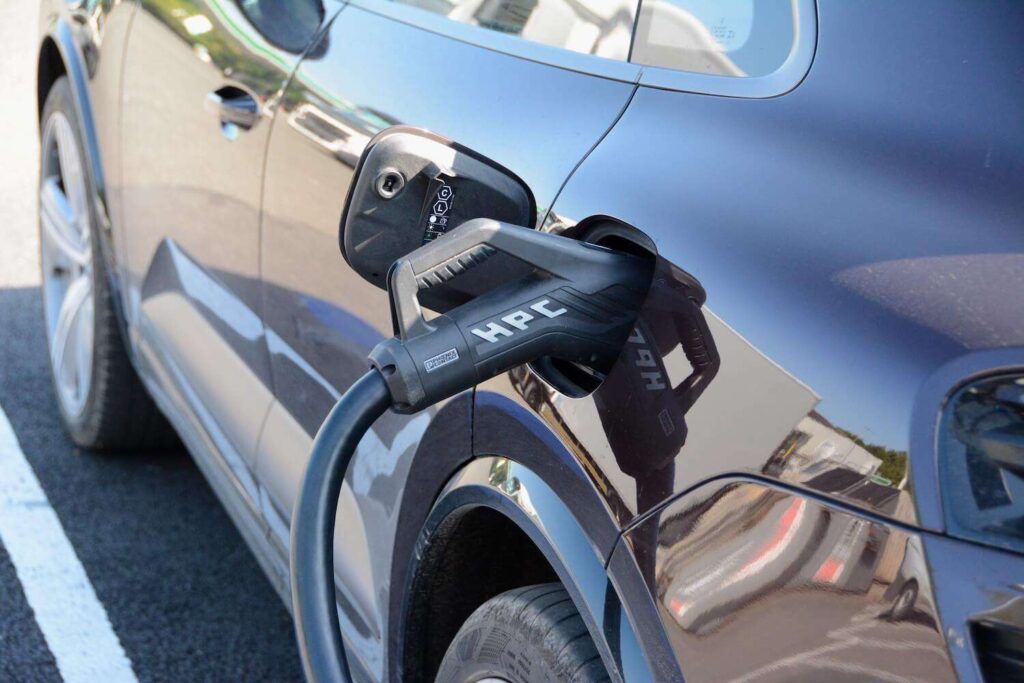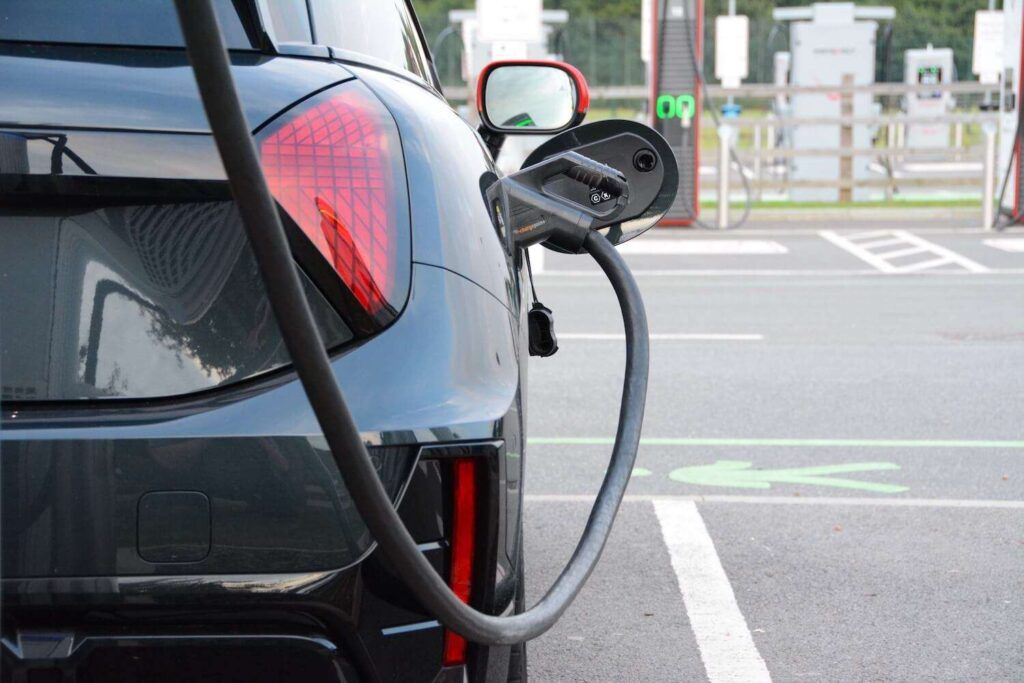The Motorcycle Industry Association (MCIA) has warned the UK’s motorcycle sector faces an imminent policy cliff edge, as the Plug-in Motorcycle Grant (PiMG) is set to expire in April with no replacement currently proposed.
If the scheme ends, L-Category vehicles – including mopeds, motorcycles, tricycles and light four-wheeled vehicles – will become the only road transport segment without any form of government subsidy support.
MCIA warned this risks creating avoidable market disruption, at precisely the moment the UK Government is seeking to encourage the uptake in low and zero emission vehicles, reduce congestion and deliver economic growth.
It added that such vehicles “play a critical role” in urban mobility, last mile logistics, commuting and air quality improvements – as well as affordable and cost-effectiveness for zero emission transport.
Without continued support, the sector faces a sharp fall in zero emission motorcycle sales, reduced investor and manufacturer confidence, slower progress on air quality and congestion, as well as increased space for illegal e-scooters and high-powered e-bikes.
MCIA is calling for an urgent 12-month extension of the existing grant to provide immediate market stability and prevent a damaging policy gap.
Alongside this, Government should modernise the scheme to reflect market realities and reinstating mopeds while extending eligibility to L5, L6 and L7 vehicles.
MCIA has also commissioned independent economic and fiscal modelling from WPI Economics to assess both the short-term consequences of grant expiry and the long-term opportunity for smarter reform. The work will look at the economic and environment cost of allowing the scheme to lapse, and the return on investment from extension and improving the scheme – as well as broader benefits of the scheme.
MCIA CEO, Tony Campbell, said:
“We are facing a clear and avoidable cliff edge. If the PiMG expires without replacement, our sector will be the only personal use transport mode without support – sending the wrong signal at the wrong time.
“As a minimum, the Government must extend the PiMG for at least another 12 months to provide stability. But this is an opportunity to take a more strategic approach – modernising outdated thresholds, reinstating mopeds and recognising the role of L6 and L7 vehicles in urban logistics and local mobility.
“The Government is rightly focused on growth, clean air and affordable mobility. Our vehicles directly support all three. At a time when spending must work harder, these vehicles offer one of the most cost-effective transition tools available
“This is not about subsidy for its own sake. This is about making proportionate, evidence-led policy choices that deliver growth, confidence and cleaner cities.”
Graphic courtesy of MCIA









